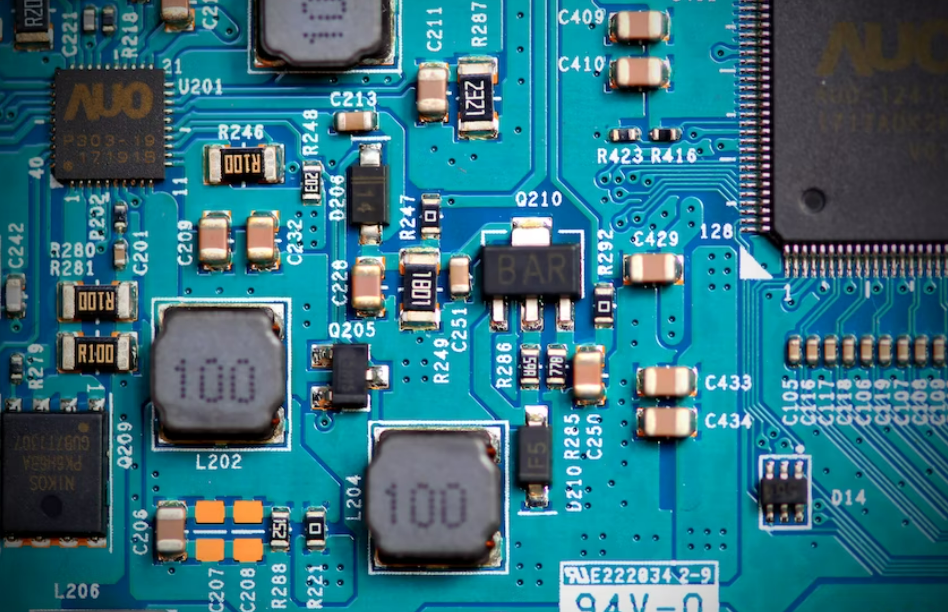EU Commissioner for Internal Market, Thierry Breton, has announced an intention to deepen cooperation between the European Union (EU) and Japan in the field of semiconductors. This move comes as countries around the world seek to strengthen control over this vital technology.
During his visit to Tokyo, Commissioner Breton expressed the EU’s belief in the importance of securing the semiconductor supply chain. In an interview with Reuters, he emphasized the need for close monitoring of the chip supply chain and highlighted the significance of collaboration between the EU and Japan in this regard. The two entities will work together to ensure the stability and resilience of the chip supply chain, as well as facilitate the exchange of researchers and engineers between them.

Commissioner Breton’s visit to Japan also focuses on discussions around cooperation in the fields of chips and artificial intelligence with the Japanese government and various companies. This visit underscores the recognition of the strategic importance of semiconductors and the potential benefits of collaboration in these areas.
Japan, on its part, has been taking steps to revitalize its own chip industry. The country has introduced subsidies and incentives to support the industry, which still possesses an advantage in materials and equipment but has lost market share globally. In a recent development, a Japanese government-backed fund agreed to acquire JSR Corp, a photoresist maker, for $6.4 billion, aimed at driving consolidation within the industry.
Additionally, Japan is supporting the chip foundry venture Rapidus, whose executives are scheduled to meet Commissioner Breton during his visit. This initiative has been praised by the EU industry chief, who sees it as a positive step in the right direction.
The deepening cooperation between the EU and Japan on semiconductors reflects the increasing recognition of their critical importance across various sectors. The defense, electronics, and automotive industries heavily rely on semiconductors for their operations, making the secure and stable supply of these components a top priority.
By monitoring the chip supply chain and facilitating the exchange of researchers and engineers, the EU and Japan aim to enhance collaboration and knowledge sharing. This cooperation not only strengthens the resilience of the semiconductor industry but also fosters innovation and technological advancements.
Moreover, the EU’s openness to Japanese semiconductor companies operating within the bloc highlights the region’s commitment to boosting its own semiconductor industry and reducing reliance on external sources. This presents opportunities for Japanese companies to expand their presence and access new markets.
The EU-Japan collaboration in the semiconductor sector sets a positive precedent for international partnerships in technology-related areas. As countries worldwide increasingly recognize the strategic importance of semiconductors, such alliances contribute to the stability and growth of the global semiconductor industry.
With both the EU and Japan actively revitalizing their semiconductor industries, the future holds promising prospects for the development of cutting-edge technologies and the security of the semiconductor supply chain.
Related:
- Semiconductor Industry Faces Crisis, AI Demand Brings Hope for Recovery
- US and Netherlands tighten Semiconductor sanctions on China, restricting manufacturing tools
- Suzuki and SkyDrive Forge Partnership to Drive Flying Car Production in Japan
(via)






